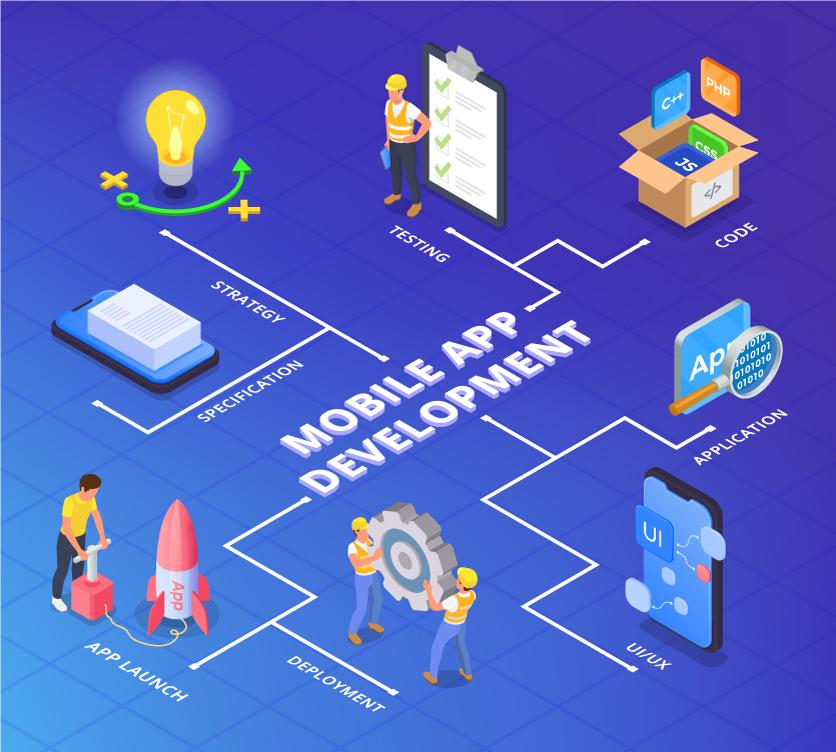
In a rapidly evolving digital world, mobile app development continues to break new ground. Keeping up with emerging trends not only helps businesses stay relevant but also enhances user engagement and functionality. Let’s explore the latest advancements shaping mobile app development.
AI integration is transforming apps into intelligent platforms. Features like voice recognition, predictive analytics, and personalized recommendations are becoming standard. Apps like Siri, Alexa, and Google Assistant are paving the way for AI-driven user experiences.
With 5G, developers are leveraging faster data transfer speeds and reduced latency. This advancement enables real-time experiences such as augmented reality (AR), virtual reality (VR), and high-definition streaming.
PWAs bridge the gap between web and mobile apps. They are lightweight, fast, and deliver an app-like experience directly from a browser without installation.
With rising cyber threats, app security is a top priority. Developers are implementing biometric authentication, data encryption, and secure APIs to protect user information.
The IoT ecosystem is expanding, and apps are becoming the gateway to control and monitor smart devices. From smart home systems to connected cars, IoT is revolutionizing app capabilities.
Cloud technology enhances app scalability and storage capabilities while reducing development costs. Developers are creating cloud-native apps for better performance and multi-platform compatibility.
Augmented and virtual reality are no longer limited to gaming. Retail, real estate, and education industries are integrating AR and VR to deliver unique user experiences.
These platforms simplify app development, enabling faster deployment. Even non-developers can create functional apps using intuitive drag-and-drop interfaces.
Blockchain technology is finding its way into apps requiring secure transactions and transparent data management. Sectors like finance, supply chain, and healthcare are leveraging this trend.